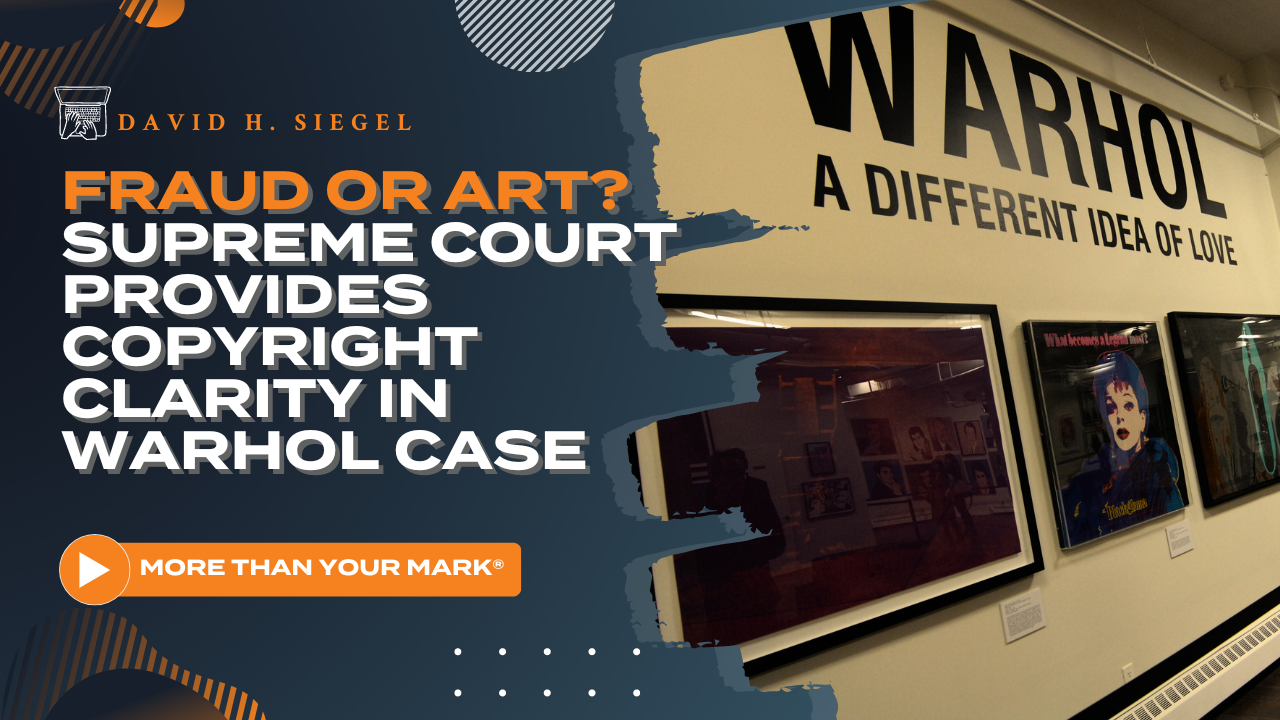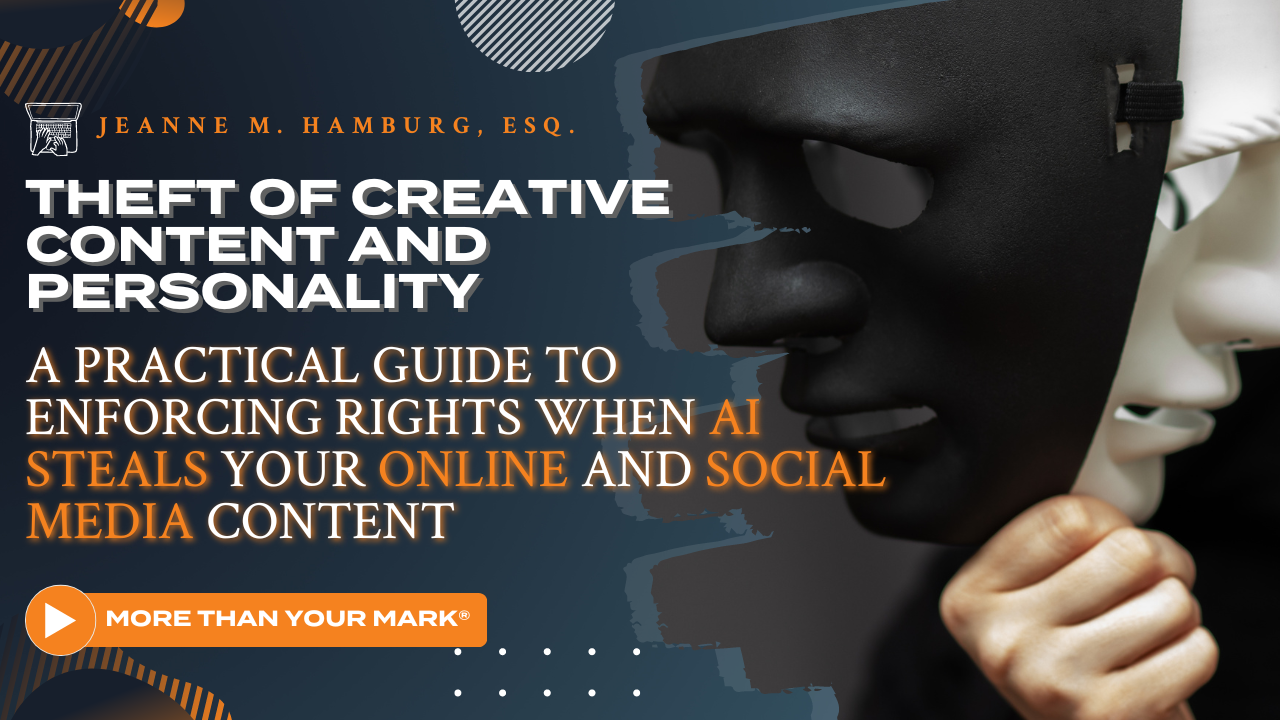Does Generative AI’s Output Violate Content Owner’s IP Rights?
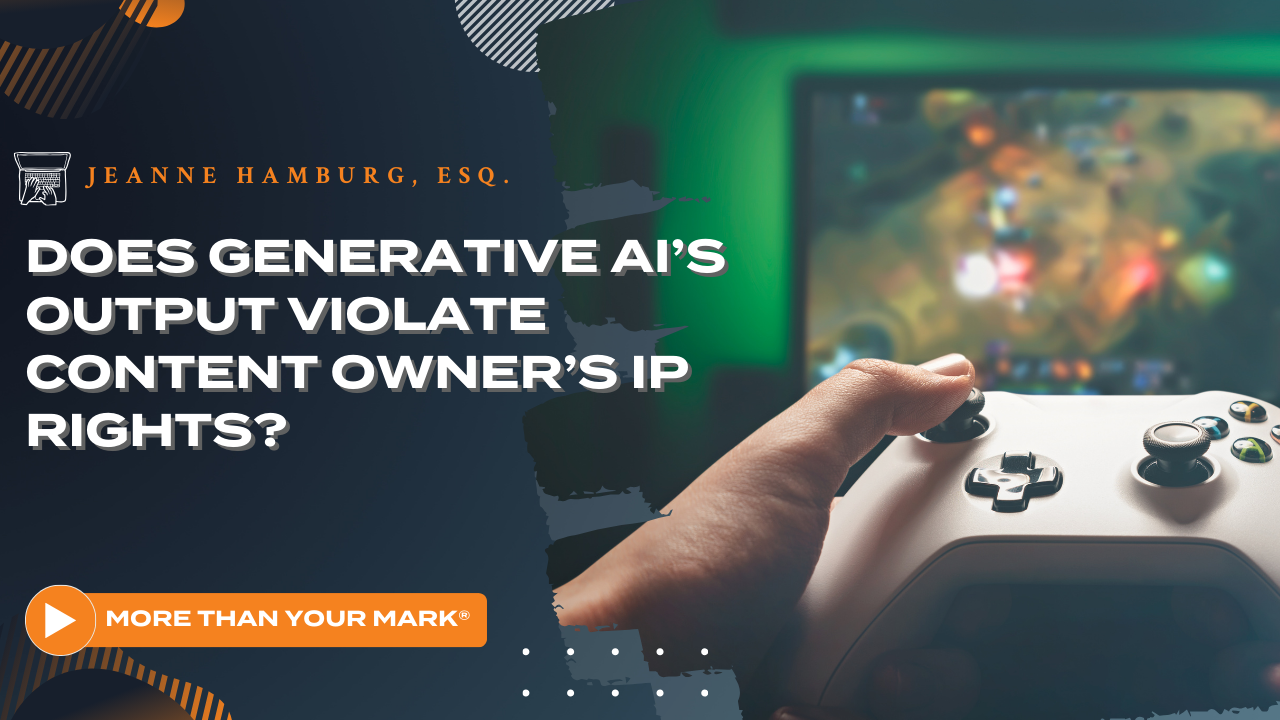
Courts have yet to rule definitively on whether the content consumed to “train” generative AI is an infringement of any exclusive right granted under the U.S. Copyright Act. Those considering the issue have not been inclined to rule in favor of copyright owners. But what happens when the output of the game is similar enough to pre-existing content that it raises questions about whether AI is being used in a fashion that infringes rights under copyright (and even trademark)? A recent suit by The New York Times against OpenAI raises the question in the context of news reporting, but as with other creative content such as visual art and fiction, another brewing dispute raises the issue in a different creative medium: video games.
Was AI behind what many are calling the recently released Palworld game: “Pokémon with guns”? The Palworld developer Pocketpair has used generative AI to help develop certain aspects of another of its games. This has caused debate about whether this is also true for Palworld – and by extension, has contributed to its success. The Palworld game sold over five million copies within just three days. This instantaneous fame was especially surprising because a majority of the sales appear to be the result of word of mouth – a rare phenomenon in today’s world – and has focused the games’ fans on the issue of intellectual property infringement due to noticeable similarities in their respective characters, shown below.
Ad from Palworld game:
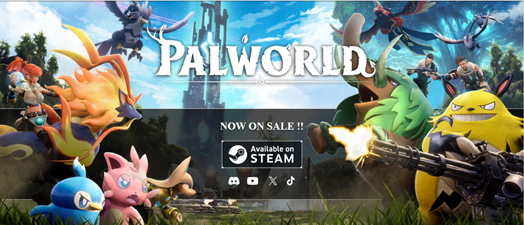
From https://www.pocketpair.jp/palworld
Pokémon characters:
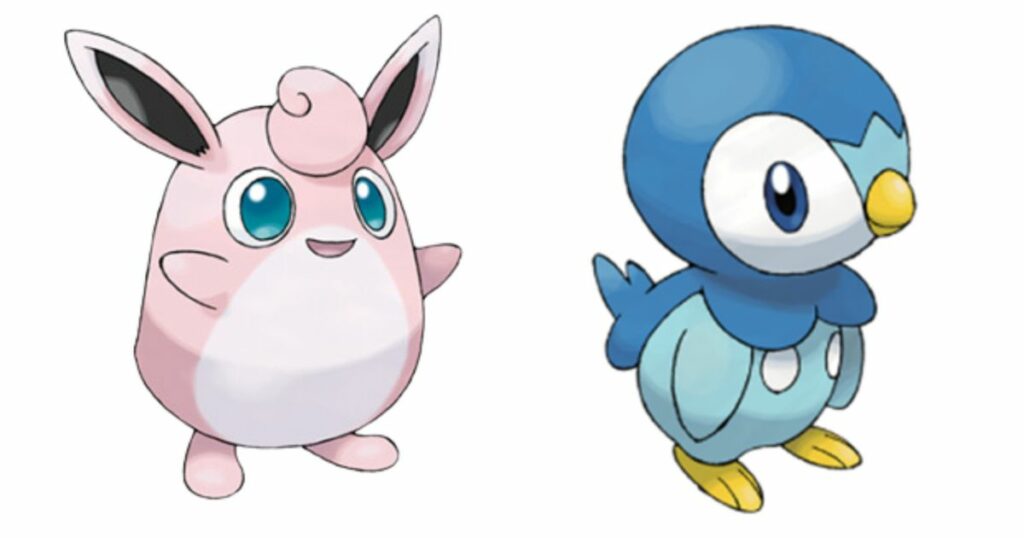
From https://www.pokemon.com/us/pokedex/wigglytuff and https://www.pokemon.com/us/pokedex/piplup
Pokémon fans and the gaming community have flooded social media with posts remarking on the similarities in the characters from the two games. Some have speculated Pokémon’s owner, Nintendo, will pursue Palworld’s developer, Pocketpair, for copyright infringement. Nintendo publicly stated:
We have received many inquiries regarding another company’s game released in January 2024. We have not granted any permission for the use of Pokémon intellectual property or assets in that game. We intend to investigate and take appropriate measures to address any acts that infringe on intellectual property rights related to the Pokémon.
Pocketpair claims that it had no intention of infringing on Nintendo’s intellectual property rights and the similarities between the games are attributable to common aspects of pocket monster-based games. Palworld gained traction as a PC game, and is now available on Xbox Game Pass after a recent partnership with Microsoft. Despite the swirl of allegations, Microsoft expressed its intent to continue working with Pocketpair to improve the Xbox gaming experience.
Adding to the speculation about whether intellectual property laws have been violated, Pocketpair allows users to modify the Palworld game to include Pokémon characters (which are protected by U.S. trademark as well as copyright law). Such modifications are common in the video game community, but one user’s Palworld video featuring the modification was taken down pursuant to a DMCA notice from Nintendo. As of Feb. 1, 2024, that user adjusted the modification to include more “generic” characters instead of almost identical imitations of Pokémon. But the game functionality remains.
Should Nintendo choose to pursue litigation, the result will likely have a significant impact on not only the video game industry but, if implicated the question of whether generative AI’s output can result in an infringement of copyright and trademark law.
Please contact Jeanne Hamburg if you have any questions about trademark and copyright law, and, in particular, our Creative Economy and Intellectual Property practices.
Jeanne would like to thank Sajani Patel, a law clerk at Norris McLaughlin, P.A., for her contributions to this blog.



